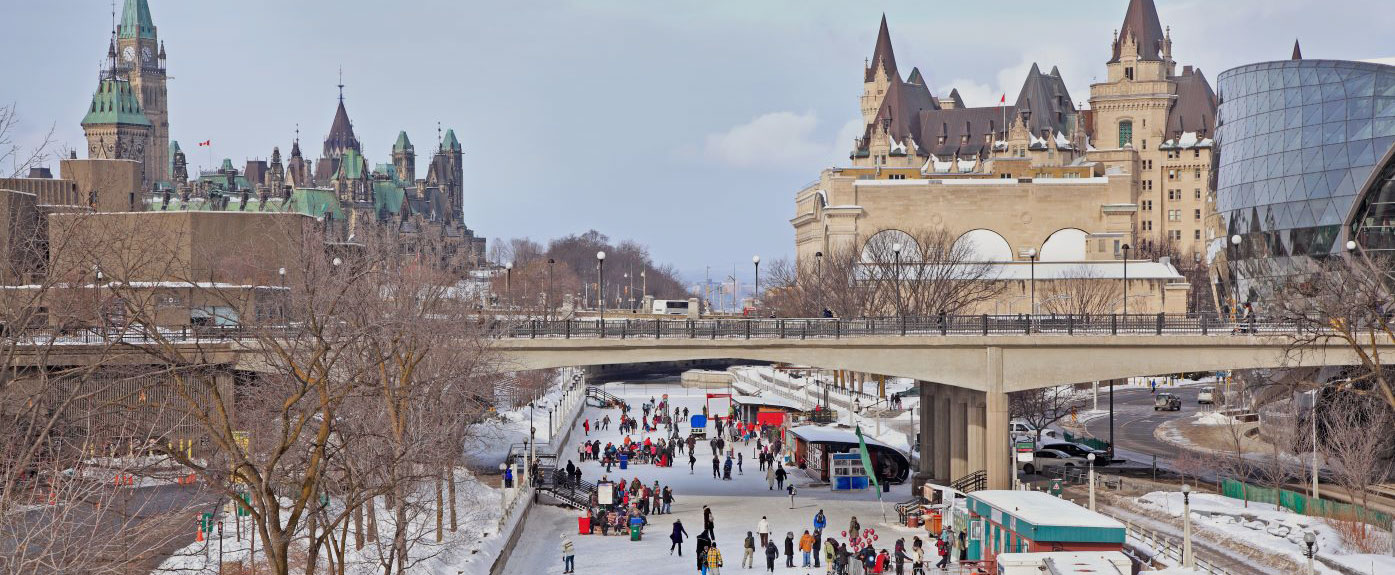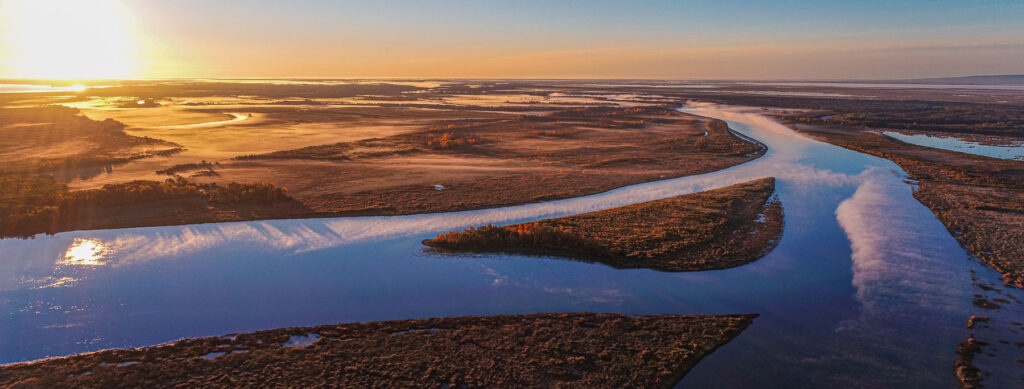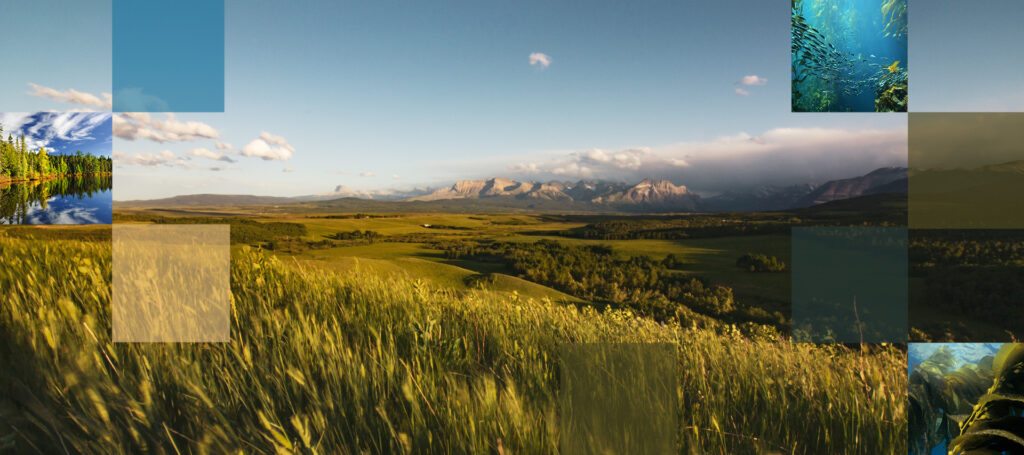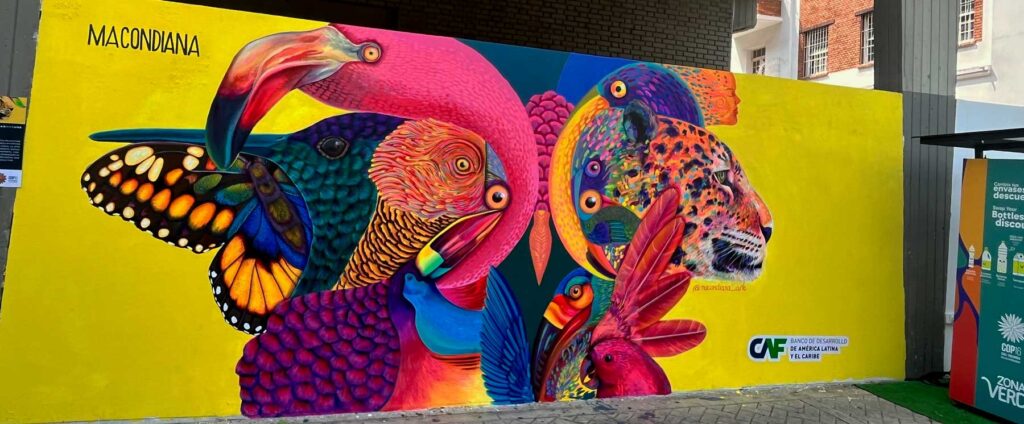Top banner photo: Vlad G.
The recent upheaval in Canadian politics has been significant – Prime Minister Justin Trudeau tendered his resignation on January 6th and will step down after a new leader of the Liberal Party is elected on March 9th (the new leader will become Canada’s 24th Prime Minister, at least until an election is called). As part of his resignation, PM Trudeau also asked the Governor General to prorogue (suspend) Parliament and open a new session on March 24.
You may be wondering what this means for nature.
It’s a good question, and although there is some uncertainty, our experiences working in conservation have given us some insights that we would like to share.
Prorogation means all unfinished business moving through the last parliamentary session is ended or interrupted. This means neither the House of Commons nor the Senate sit during a prorogation, and any legislation that was debated or studied ceases to exist. Most legislation tabled before the prorogation could be reintroduced when Parliament is back in session, as determined and driven by decision-makers based on their priorities, pressure from constituents, party strategy, etc. Meaning, there are many considerations that decision-makers will need to be thoughtful of when or if they reintroduce legislation. 📜
The only legislation that does continue where they left off is Private Members’ bills (i.e., motions or legislation introduced by members who are not Cabinet ministers). For instance, Bill C-248, an act to amend the Canada National Parks Act to establish the Ojibway National Urban Park in Windsor will continue to be reviewed by the Senate once the new parliamentary session is underway. This urban park would be vital for preserving Canada’s most endangered ecosystem —Tallgrass Prairie and Savannah —while protecting rare species. Becoming a National Park would provide Ojibway the strongest legal protection and enhance resilience to climate change, safeguard biodiversity, and provide essential green infrastructure. (Stay tuned for our upcoming blog post with updates on National Urban Parks currently under consideration.) 🌳🦋
Think of it like pressing the “reset” button.
Due to prorogation, the Nature Accountability Act (Bill C-73) is lost for the time being. The Nature Accountability Bill, if passed into law, would have created and provided concrete steps and a framework for transparency and accountability for Canada to fulfill the commitments that we have made under the Convention on Biological Diversity. It would have also been an important step forward to support collaboration between the federal government and provinces, territories and Indigenous partners in actions to address biodiversity loss. This bill will now need to be reintroduced to a new session of Parliament.
Photo: Iceberg in Witless Bay, Newfoundland by Sabine Jessen
Legislation associated with any new spending has also been impacted. As it is looking increasingly likely that a federal election will be called shortly after the new parliamentary session begins, the result may be that there won’t be a 2025 Federal Budget. While CPAWS continues to call for renewed funding for nature from the federal government, we have pivoted slightly to focus our strategy on commitments to invest in nature both in the federal budget and on convincing political parties to include investments for nature in their party election platforms.
The Federal Budget’s susceptibility to politics is a reminder of why long-term funding for conservation is so important: so that political whims and inevitable changes can’t hold nature hostage.
The important thing to remember is that the federal government is still working (the day-to-day operation of government continues), and the provincial and territorial governments are still very important players in the conservation discussion.
This is a crucial time to make sure that nature continues to have a strong focus in Canadian politics. 🌄
As a citizen, you have a voice about what’s on the political agenda.
You can continue to advocate by:
- Staying informed on where parties stand on nature protection and nature-based climate solutions (NBCS);
- Familiarizing yourself with party platforms to make sure that nature and climate change action are prioritized and that parties are thinking about long-term funding for nature protection;
- During election time, let your local candidates know that protecting nature is important to you;
- Most importantly, when there is an election this year, vote for nature! 🗳️
We’ve already started connecting with parties to urge them to prioritize nature in their platforms. This will allow them to show voters their commitment to valuing Canada’s natural heritage and conservation.
Your voice makes a difference, whether you contact your MP, sign petitions, share the message on social media, and/or donate to causes that fight for nature.🫎
A HUGE THANK YOU from all of us at CPAWS National and our Chapters for your generous donations at the end of 2024 and the beginning of 2025!
Your financial support means that we can continue to strategically pressure decision-makers and stakeholders as the political landscape evolves in Canada. This is a crucial time, and we are incredibly grateful for your support of our work.
Stay tuned to CPAWS channels for updates on how politics in Canada are shaking out and how you can help bring nature protection back to the forefront of Parliament’s agenda and make it a key issue in the upcoming federal election.
Other stories you might be interested in:




